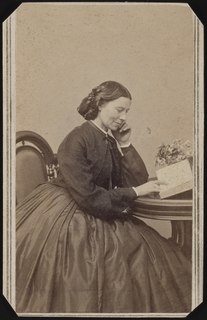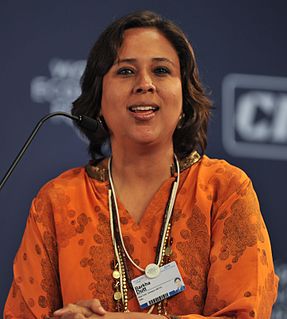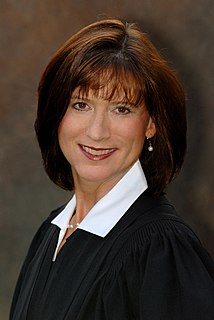A Quote by Susan Collins
I had a very long discussion with Justice Gorsuch in my office, and he pointed out to me that he is a co-author of a whole book on precedent. So, someone who devotes that much time to writing a book on precedent, I think, understands how important a principle that is in our judicial system.
Related Quotes
I'm still happy with the way Einstein's Dreams came out. That book came out of a single inspiration. I really felt like I was not creating the words, that I was hearing the words. That someone else was speaking the words to me and I was just writing them down. It was a very strange experience. That can happen with a short book. I don't think it could happen with a long book.
I am very bad at remembering the books I've read and so recently I had a wonderful experience. I decided I wanted to teach Toni Morrison's The Bluest Eye. I hadn't read it in twenty-five years. I was surprised to find how much I drew from that book. Stole from that book, learned from that book about writing. I had forgotten and there it was. Morrison has called that text faulted. I cannot see how.
My feeling is that the judge has a responsibility to the Constitution first, precedent second. Precedent is one factor. It is not the only factor. If it was the only factor, then, you know, we wouldn't have had Roe vs. Wade. We wouldn't have had Griswold. We wouldn't have had Lawrence. We wouldn't have had all these cases which the Left love.
The real challenge to upholding India's freedoms is how patchy and individual-driven it is when it comes to the judiciary. The system is so arranged that instead of legal precedent and case law setting the template for the court's interventions, the idea of justice is guided by what Judge A or Judge B may think.
I had written a book. For various reasons, the publishing industry had decided that my book was going to be 'important.' The novel had taken me 12-and-a-half years to write, and after being with the book for so long, I had no real perspective on the merits or demerits of what I had written. I hoped it was good, but feared that it wasn't.
The process of writing a book is infinitely more important than the book that is completed as a result of the writing, let alone the success or failure that book may have after it is written . . . the book is merely a symbol of the writing. In writing the book, I am living. I am growing. I am tapping myself. I am changing. The process is the product.
By Cunning & Craft is a masterpiece of writing about writing. If, like Scheherazade, you had to spin out a story under threat of death, this is the how-to book to read. It's filled with thoughtful, nuanced advice from a teacher/writer who actually writes, and writes beautifully and with great humor. The list of rejected stories is worth the price of the whole book.


































